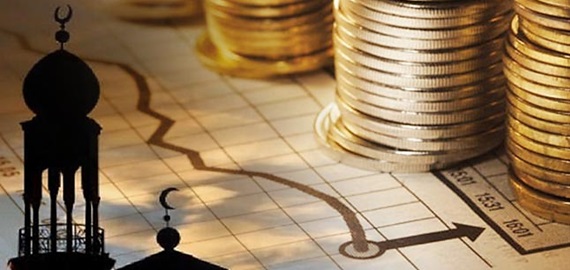Islamic banking, or Sharia-compliant financing, is a financial system created on the principles of Islam. In the past few decades, the number of national economies making use of this system have seen a sharp increase. With that said, the rapid expansion of this system has also led to deep misunderstandings about it.
The most salient feature of Islamic banking is that it functions on a profit and loss-sharing principle. The banks that follow this system do not charge interest, and instead, share the profits they made via investments in developing industries with their customers. Therefore, trading and investing is the primary method of increasing wealth. Banks take the money deposited by their customers and use it to invest in certain investments.
The first record of Islamic banking were small-scale banks operating in Egypt. A similar system was started in the Philippines, but it didn’t take off.
It was the formation of Tabung Haji in Malaysia in 1963 that cemented Islamic banking as a legitimate form of commerce. The Tabung Haji was created to help Muslims in the region collect money for their Hajj. Historically, Muslims were deterred by the conventional banking system.
The Tabung Haji was popular from the start with depositors rushing to use the service. Seeing the popularity of Tabung Haji and Islamic banking, many banks were launched. By the 1970s, an International Islamic Bank for Trade and Development was proposed at a meeting of the Organization of Islamic Cooperation. This led to the creation of the Islamic Development Bank (IsDB). The Tabung Haji is still in business today with over 9 million customers and 123 branches across Malaysia.
Islamic banking in Indonesia began with the founding of Bank Muamalat Indonesia in 1990. Despite having the largest Muslim population in the world, the country was a bit slow in implementing Islamic banking. However, Islamic banking has seen a significant growth rate. In early 2021, three prominent banks in Indonesia merged to form the PT Bank Syariah Indonesia Tbk (BSI).
Malaysia and Singapore have incorporated the principles of Islamic banking in their economies and have seen their financial systems incorporate it too. However, within the region, it is Brunei that has incorporated the largest share of Islamic banking in its financial system. Islamic banking accounts for 50% of the nation’s banking.
Islamic banking is not just attractive to Muslims. Its social principles are inclusive and universal. The system is built on strong morals and ethics zand also ensures transparency for depositors because gains or losses are shared equally by both the bank and its customers. Many of its proponents argue that an advantage of Islamic banking is that it could help society achieve an equitable distribution of wealth.
On the other hand, Islamic banking is also known to have massive costs of compliance, thus increasing transaction costs as well. Additionally, rolling it out globally could be a hard sell. Western banks would have a hard time finding investors and ensuring their compliance with Sharia practices and customs.
This now begs the question of whether Islamic banking could or should be incorporated into the wider scope of international finance. It is argued that the implementation of Islamic banking would not only bring about stability in financial systems but it would also help clean up the corrupt practices that exist in the global business sector.
With the strict compliance that Islamic banking fosters, businesses who seek financial investments from banks will have to prove their above-board business practices to apply for a loan and will have to keep diligent records of compliance to keep receiving loans.
—International Policy
Digest










